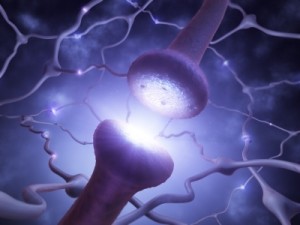How is all the talk about health care and addiction related? In the midst of the country’s health care reform debate, addiction specialists weigh in on health care and addiction, insisting that federal and state health care dollars need to be reallocated toward treating addiction, rather than treating the expensive symptoms and consequences of addiction.
 According the Medical News Today, addiction accounts for one in 14 hospital admissions, which generates billions in health care costs. However, funds aren’t adequately aimed at treating and preventing substance abuse. Today there are more than 30 million people considered dependent on drugs or alcohol, yet less than 3 million are in treatment. Furthermore, the success rates of those in existing treatment are very low.The specialists emphasize that a better plan needs to be devised for health care and addiction.
According the Medical News Today, addiction accounts for one in 14 hospital admissions, which generates billions in health care costs. However, funds aren’t adequately aimed at treating and preventing substance abuse. Today there are more than 30 million people considered dependent on drugs or alcohol, yet less than 3 million are in treatment. Furthermore, the success rates of those in existing treatment are very low.The specialists emphasize that a better plan needs to be devised for health care and addiction.
Many of the nation’s leading addiction treatment facilities argue that the national debate on health care reform is overlooking a substantial area of savings, addiction treatment. Addicts are known for being repeat customers when it comes to health care because of frequent trips to emergency rooms and clinics. Untreated or under-treated addictions can add a significant cost to health care.
So what’s the solution when it comes to health care and addiction? ExecuCare believes that more money needs to be directed towards education as well as comprehensive treatment options. This is why ExecuCare offers a multi-solution approach to addressing addiction. When a protocol like NTR precedes traditional therapy treatments, individuals experience much higher success rates in long-term recovery. By addressing the physical form of the disease first with NTR, an individual is better prepared to make the psychological, behavioral and spiritual changes necessary in the next phases of recovery.







